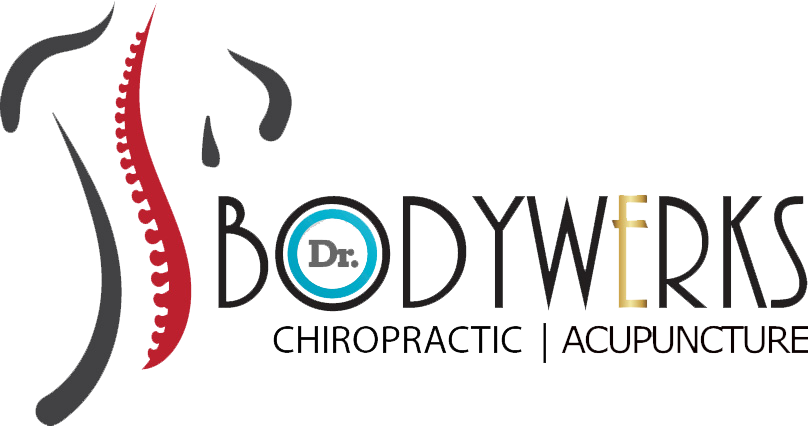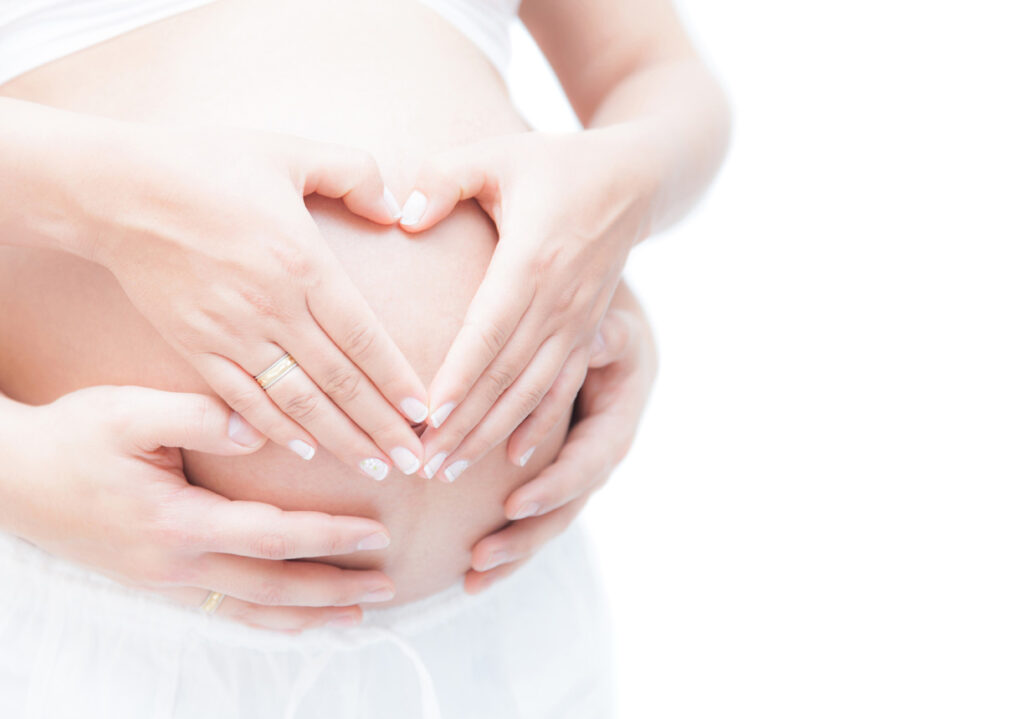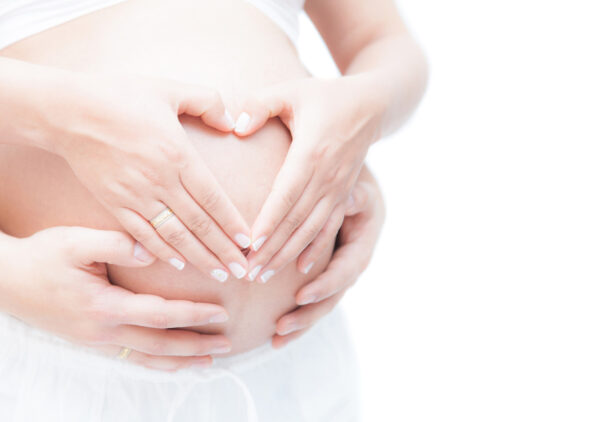Fertility Acupuncture
Acupuncture for Fertility
Acupuncture helps fertility by addressing problems such as an under-functioning thyroid (Hypothyroidism) or over-functioning thyroid (Hyperthyroidism).
Acupuncture is the insertion of ultra-thin, sterile needles into specific acupuncture points on the body which reside on channels or meridians; these are pathways in both the exterior and interior of the body. These points, when needled, can regulate the way in which the body functions.
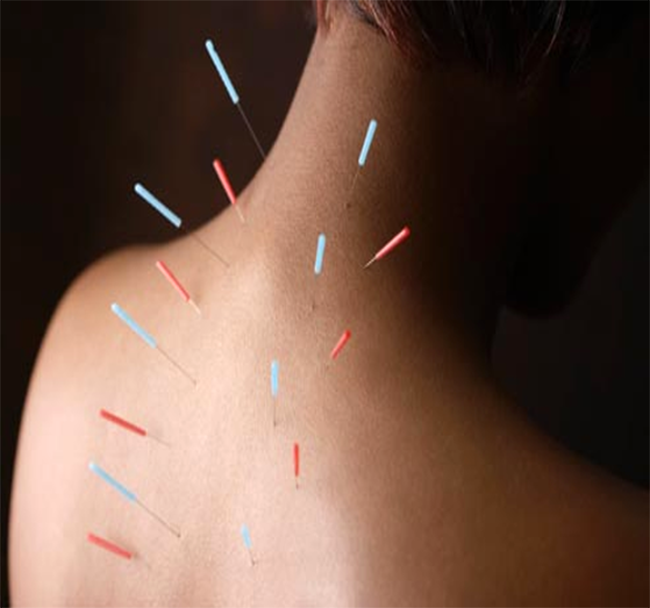
Does acupuncture for fertility treatment work?
Acupuncture, frequently combined with herbal medicine, has been used for centuries to treat some but not all causes of infertility. For example, acupuncture and herbs will not work to address tubal adhesions which can occur as a result of pelvic inflammatory disease or endometriosis.
However, in this situation, an individual could still benefit from acupuncture and herbs because of the potential effect of the improved ovarian and follicular function. Additionally, acupuncture can increase blood flow to the endometrium, helping to facilitate a thick, rich lining.
Fertility Acupuncture treats the human body as a whole that involves several “systems of function” that are in many cases associated with physical organs.
When should acupuncture fertility treatment begin?
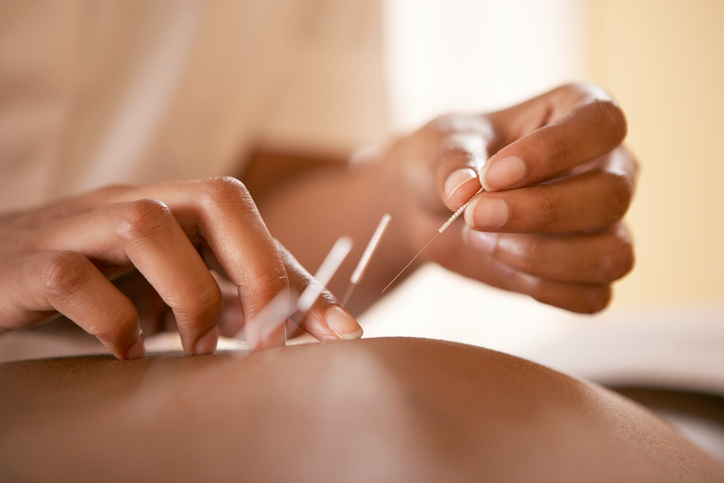
Acupuncture is similar to physical therapy in that it is a process-oriented method of medical intervention. It is better to do more than less. Patients are commonly treated for three to four months before progressing to insemination, in vitro fertilization (IVF), or donor-egg transfer. This pacing of treatment seems to have a therapeutic effect.
In a study by Stener-Victorin et al from the Departments of Obstetrics and Gynecology Fertility Centre, Scandinavia and the University of Gothenburg, women are encouraged to receive acupuncture treatments pre and post embryo transfer.
Clinical observations from the Berkley Center for Reproductive Wellness suggest that the most effective fertility treatments involve a combination of acupuncture, herbal medicine, and traditional medicine. However, conception occasionally occurs when acupuncture and herbal medicines are used without traditional medical interventions.
How Acupuncture Works for Fertility
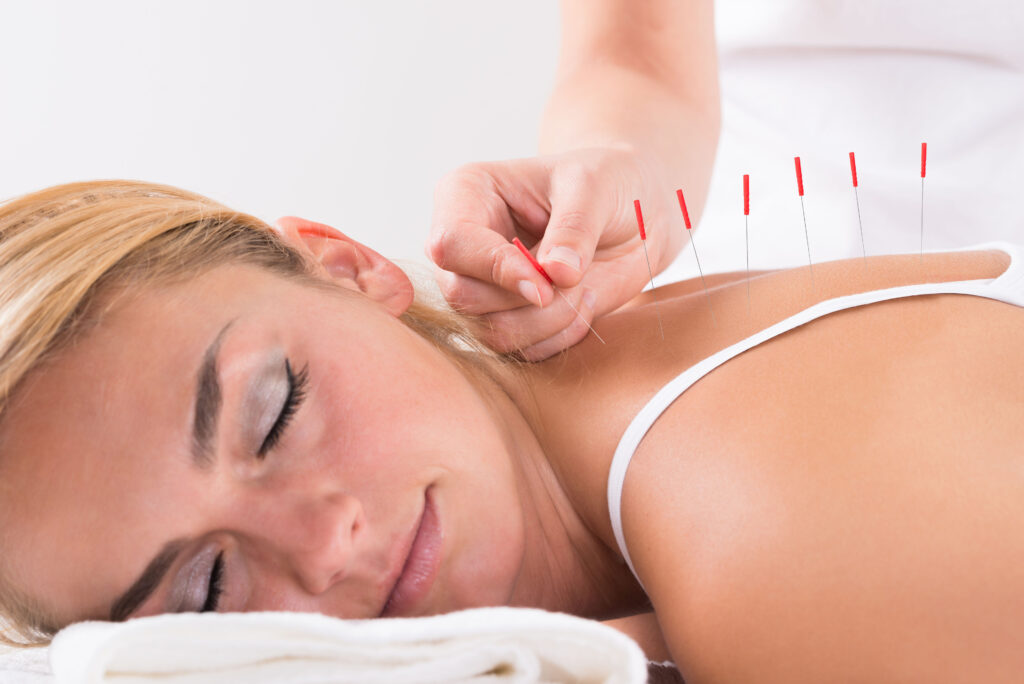
Acupuncture may potentially improve your fertility in several ways:
Balances hormones: Acupuncture stimulates the endocrine system, which is responsible for producing and releasing hormones that affect ovulation, menstruation, and pregnancy. By balancing the levels of hormones such as estrogen, progesterone, follicle-stimulating hormone (FSH), and luteinizing hormone (LH), acupuncture may help better prepare your body for fertility treatment.
Increases blood flow: Acupuncture helps to increase blood circulation to the reproductive organs, especially the uterus and ovaries. This may improve the quality and quantity of eggs and the thickness and receptivity of the uterine lining. A well-nourished uterus and ovaries can increase your chances of conceiving and carrying a healthy baby.
Reduces stress: Stress can have a negative impact on your fertility by disrupting your hormonal balance, affecting your ovulation, and lowering your libido. Acupuncture is known to reduce stress by stimulating the release of endorphins. It also can calm your nervous system and lower your blood pressure, improving your overall health and well-being.
How Acupuncture Complements Fertility Treatments
Acupuncture can be a valuable addition to your fertility treatment plan, whether you are trying to conceive naturally or with assisted reproductive technologies (ART) such as IVF. Here are some of the ways acupuncture can complement your fertility treatments:
Enhances IVF outcomes: Some studies have suggested that acupuncture performed before and after embryo transfer can increase the pregnancy rates of IVF patients. This may be due to acupuncture’s ability to improve blood flow to the uterus, relax the uterine muscles, and reduce stress and anxiety3. Acupuncture can also help reduce some side effects of IVF medications, such as bloating, nausea, headaches, and mood swings.
Supports overall wellness: Acupuncture can help you address other health issues that may affect your fertility indirectly, such as insomnia, digestive problems, allergies, or chronic pain. By improving your sleep quality, digestion, immunity, and pain relief, acupuncture can help you feel more comfortable and energetic throughout your fertility journey.
Promotes emotional well-being: Trying to conceive can be emotionally challenging and cause frustration, sadness, anger, or guilt. Acupuncture can help you cope with these emotions by providing a safe and supportive space to express yourself and receive compassionate care. Acupuncture can also help you cultivate a positive and hopeful mindset to boost your confidence and resilience.
ARTICLES
Listed below are some informative articles about acupuncture and the conditions it treats. We encourage you to check back often as this page will be frequently updated.
Acupuncture for In-vitro Fertilization
WebMD article by Amanda Hitti
Acupuncture: A Cure for Infertility? FoxNews article by Catherine Donalson-Evans
The Ancient Art of Infertility Treatment
WebMD article by Collette Bouchez
Can Acupuncture Help You Conceive?
CBX News article by Raksha Shetty
